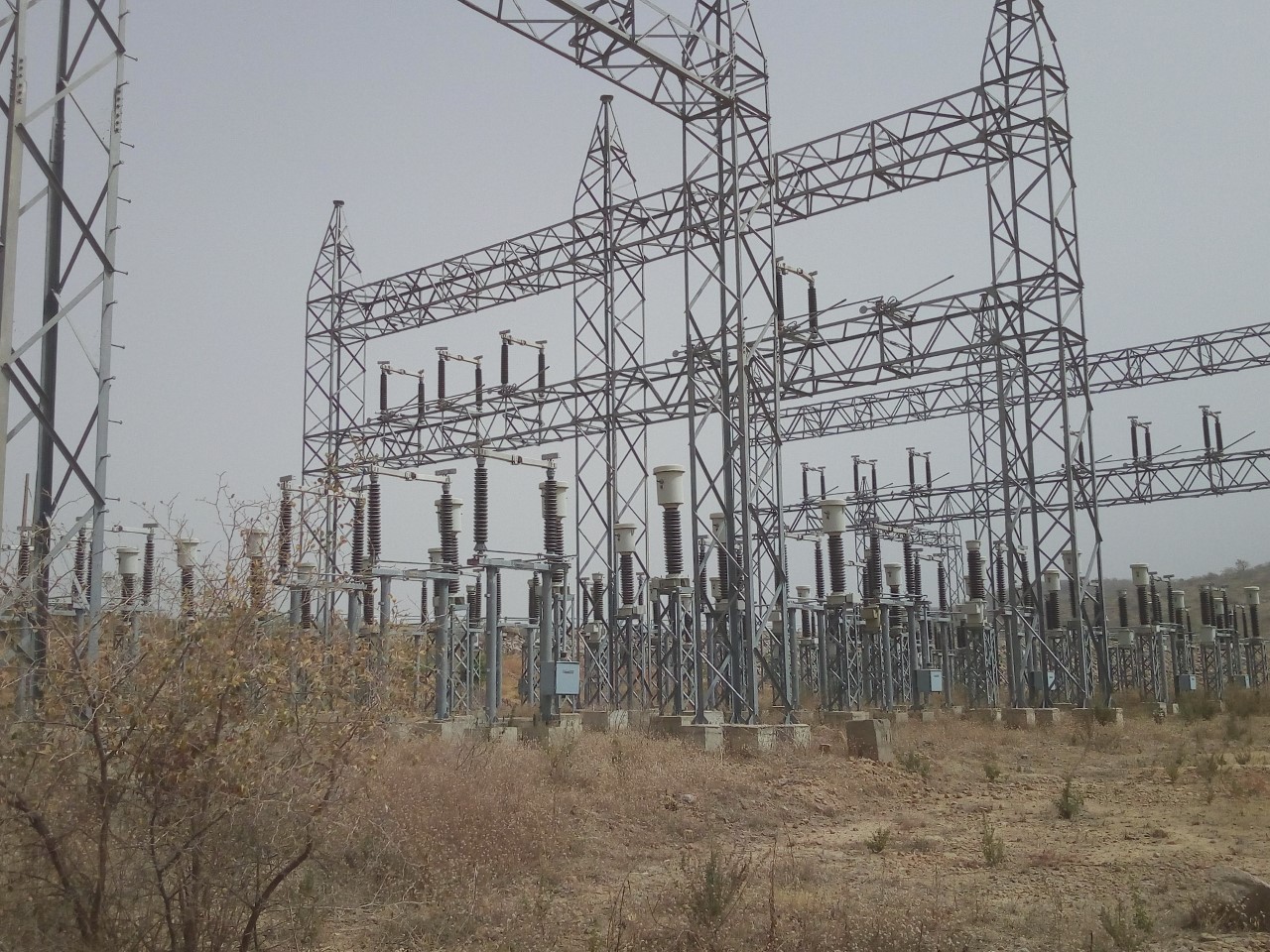Transmission Company of Nigeria (TCN), says the proposed provision of a new Supervisory Control and Data Acquisition System (SCADA), Energy Management System (EMS) will help stabilise the National Grid for effective delivery of electricity.
TCN Managing Director, Mr Mohammed Usman-Gur said this at a workshop to review the company’s SCADA-EMS and Telecoms feasibility study report in Abuja on Tuesday.
The SCADA and EMS Telecoms systems are essential modern tools for effective systems operations that provide real time data and voice exchange between remote power stations and the National Control Centre (NCC).
It is required for display of operation, control and management of the power system network.
The Federal Government had with the aid of the World Bank commenced the provision of SCADA-EMS equipment and associated telecommunication project first in 1990 and in 2004.
The execution of the project for 2004 had since been completed and the World Bank signed off the project in June 2010.
The utilisation of the project, was, however, stalled due to some problems such as limited coverage of the power stations and transmission substations constructed after 2004.
Usman–Gur said deployment of the proposed new SCADA estimated at 65million dollars would help monitor control and check unwholesome activities in the grid.
“The budget for the installation of a new SCADA is about 65 million dollars, but when we do the tender, we don’t know how much it will be finally.
“The previous one that was done was about 40 million dollars but money for this new one is provided under the Transmission Rehabilitation Expansion Programme(TREP) which is been finance by World Bank.
“The SCADA system is a digital automation to control the grid, you discover that most of the time we are using manual system to do the dispatch for example if we need to reduce a generator we have to do it manually.
“And some time if somebody does anything on the grid that it is supposed to be seen, sometime it cannot be seen, it can be hidden.
“So, the SCADA is like a mirror that sees everybody that is on the grid, so anybody that does anything that affect the grid, the person will be seen and that means that person will be punished according to the grid code.
“For example, if two generators or one big generator goes out because they did not maintain the generator, it can affect the grid, so with SCADA you will see it and go after them on why they did not maintain their generator.
“So, the main purpose of the SCADA is to ensure that every other thing function, in line with the grid code.
“And that is why everything that will make our grid to function, we are working to deliver it.’’
He also identified implementation of significant level of frequency control by enforcing the Free Governor Mode of Operation (FGMO) as measures introduced by TCN to stabilise the grid.
Other measures according to him, include rehabilitation, expansion and construction of new lines and substations, procurement of requisite ancillary services especially spinning reserves and black start.
This, he said resulted in the establishment of TREP to expand, stabilise the grid and provide necessary flexibility and redundancy consistent with N-1 reliability criteria.
The TCN managing Director disclosed that TCN with the support of the Federal Government, under the TREP had raised 1.57 billion dollars from multi-lateral donor agencies.
He also revealed that TCN had recovered 655 out of the 800 containers of transmission equipment that were left stranded at the port for over 15 years.
In his remarks, the Minster of Power, Works and Housing, Mr Babatunde Fashola, said TCN had over the years tried to deliver a functional SCADA-EMS and telecommunication systems.
Fashola, represented by the Permanent Secretary in charge of Power, Mr Louis Edozie, said attempts in 1990 and 2004 to deliver the SCADA were not successful for some obvious reasons.
He listed some of the reasons to include substations apparatus and control sub systems deficiencies, improper project scoping and unsatisfactory project execution, among others.
“Past efforts have not yet achieved the desired result, detailed national grid operational data is not easily accessible to managers, operators, regulators, policy makers and observers, and customers in a secured unfiltered manner.’’
He said instructions to DisCos to increase or decrease off-takes at trading points was still done manually using ad-hoc communications.
According to him, available load is still allocated to GenCos manually using ad-ho communications without acceptable levels of transparency.
According to him, the new envisaged SCADA and EMS telecom systems is expected to optimise existing facilities and procure new systems for the nations power sector.
Fashola expressed the hope that deliberations and review of the new SCADA scoping feasibility report would capture expectations for an effective SCADA and EMS for Nigeria’s national grid. (NAN)
https://www.africaprimenews.com/2018/05/23/investigations/nigeria-16bn-power-projects-serap-asks-buhari-to-refer-obj-jonathan-to-efcc-icpc-group/
